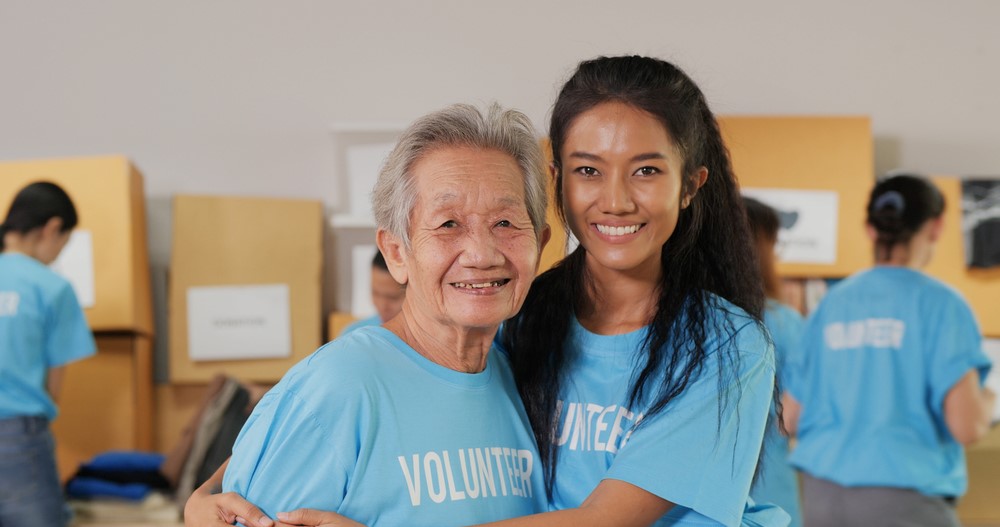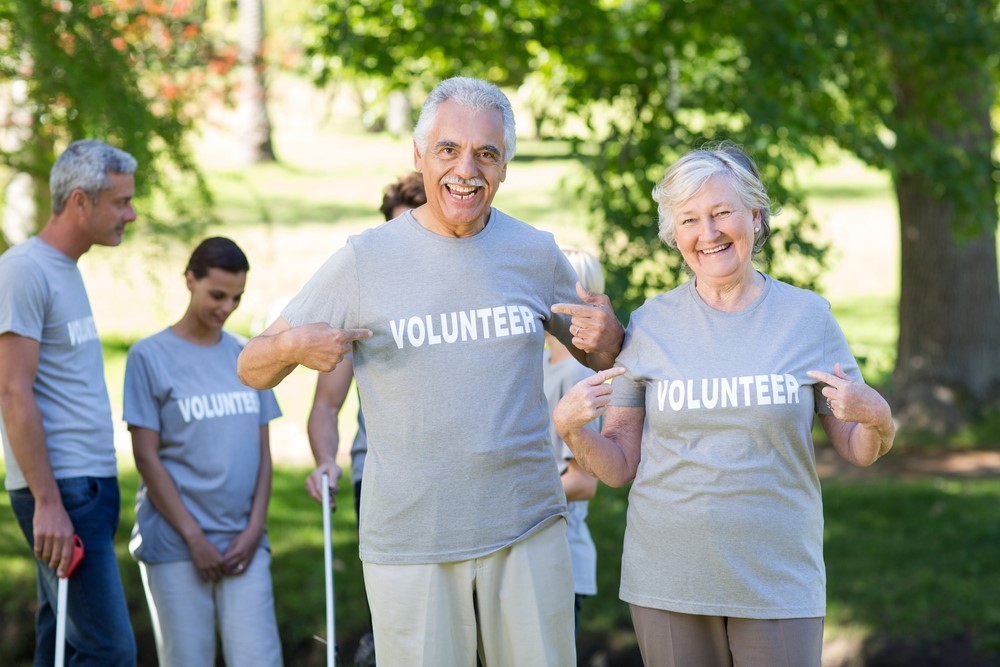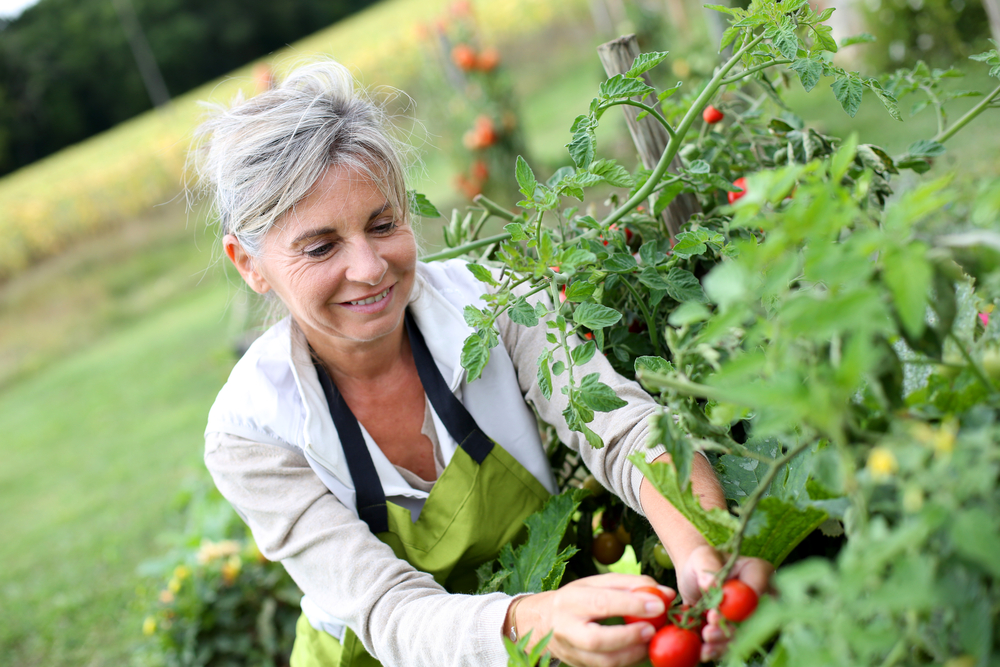
The importance of activities is obvious enough. We all need things to fill our days with, to make life worth living. The topic becomes even more important for seniors, as many no longer work, so they have more time in each day to fill. But, we’re not just talking about any type of activity in this post, we’re focusing on meaningful ones.
So, why are meaningful activities for seniors critical?
The simplest answer is that having some sense of meaning or purpose is often described as a crucial human need. We do best when life has a sense of direction, where things are moving forward and building over time.
When we don’t have this, it can easily feel like we’re spinning our wheels, which is bad for mental health and could raise the risk of depression.
For most of our adult lives, work is a large part of where we find meaning. Activities like raising children and upskilling are relevant too. Life doesn’t have the same patterns for many seniors. Most are no longer working and any children have matured and are often mostly or completely independent.
So, it’s important to find new sources of meaning. The right activities can do this.
Here are some powerful activities that can add purpose and direction to life.
Art Classes
Arts and crafts are always powerful. They give seniors the chance to show their creative side, to make something new, and to expand their skills as they go.
Art is easily meaningful too, as seniors are creating things that make other people happy and there’s a completion point for each piece of art.
Art classes can be even more powerful. These have a strong sense of progression, allowing seniors to learn new skills and experiment with different styles. They’re often social experiences too. As such, they give the senior a chance to connect with others. They might even sometimes work on joint projects.
The social aspect of classes is relevant to purpose and meaning too.
People do much better when connected in with others, particularly those they resonate with. In his book Lost Connections, Johann Hari even suggests that many mental health issues stem from not having solid community connections.
Other Types of Classes
Of course, this effect isn’t limited to art classes.
Any class where people are learning new skills and connecting with others could become a meaningful activity.
Cooking classes are another fun approach. This works well, as many people already have a positive emotional connection to food. Most seniors will know the basics of how to cook, but there are plenty of other classes, ones that teach specific skills and techniques (including complex ones).
Some seniors may even choose to go back to school. There are plenty of opportunities, including free and discounted courses for seniors.
Volunteering

Volunteering is another activity that combines social connection with something for seniors to do. Here, seniors are volunteering their time and skills to help others.
Volunteering activities are a little more difficult to find in these COVID times, but there are still approaches out there. Food banks, local libraries, and community centers are good places to start.
Local senior centers will often know the best places for seniors to volunteer and what skills are needed.
Volunteering is also a powerful way to help seniors to keep their minds sharp, as they’ll often need to think on their feet and interact with others. Who knows what new friendships they’ll make and opportunities they’ll find along the way?
Creating Opportunities
Seniors can also volunteer in other ways, like by cleaning up litter in local areas or regularly cleaning benches. They might choose something that matters to them or that makes a difference in their community.
Donating to a food bank is another easy idea or checking in on seniors who are less mobile.
Honestly, there are endless ways to give back to one’s community. It’s just a matter of researching and being creative.
Volunteering can be much closer to home too, like offering to babysit grandchildren, to give their parents a break. Doing so also helps the senior to feel connected with their family and increases the bond between generations.
Teach Classes or Tutor
This one follows the idea of volunteering. Most seniors have some skills that they can teach others, whether this is an instrument, a school subject, cooking, or even something like budgeting.
Teaching others can easily be meaningful, giving seniors the chance to watch their students grow and develop.
We’re not just talking about teaching children either. A senior might tutor adults in budgeting skills or even provide relationship advice. There’s also a market for any skill with value.
Volunteering time is the most obvious approach here.
It’s not the only one though. Some seniors might choose to charge instead, using teaching as a way to supplement their income.
This approach can even be helpful. While earning money certainly isn’t the point of life, we’ve long been taught that meaning is defined by our income earning ability. Some seniors may find that earning even a little money helps their lives to feel more purposeful.
Writing

Being an author is often a dream when people are in their 20s and 30s, then slowly fades. However, seniors are in one of the best positions to write, as they have a lifetime of experience under their belt and no longer have the demands of work and young children to limit their time.
Putting one’s life or lessons learned down on paper can be incredibly meaningful, promoting the idea that there is a ‘point’ – that a person’s experiences aren’t simply lost when they are no longer in this world.
This process can be especially powerful for seniors who have been through difficult or traumatic experiences and those who have strong opinions.
Helping Seniors with Writing
Some seniors may need a helping hand with getting set up to write.
These days, writing on a computer is the obvious approach. This can work well for tech savvy seniors, but could be stressful for seniors who don’t connect well with technology.
Pen and paper may be a better approach. Or, you could even source an old typewriter.
Perhaps you could assist in turning their written/typewritten notes into a digital copy, then print and bind it. Such a project could become a source of connection for you and the senior, while also helping them to record important information.
Exercise and Exercise Classes
Exercise gets seniors moving. It helps to promote physical health, reduce the risk of problems, and improve mental health. It’s also a natural way to boost mood.
Exercise can also be meaningful, as there’s a progression element to it. Seniors may find that their stamina improves over time, where they’re able to do more. Seniors with chronic conditions might not see this effect, but exercise could still make them more mobile than they would be otherwise.
Exercise classes are particularly powerful, as these have a social element to them.
Classes can also be as simple or as intense as the senior wants. There are plenty of different styles, including energetic classes like Zumba and more moderate ones, like chair yoga.
If in-person classes don’t work, there are always online ones.
There are also other approaches to consider, like a walking group. Some may just focus on the local area, perhaps using a Nordic walking style, while others might check out local tramping trails, particularly those that aren’t too intense.
As with all these activities, it’s crucial to match the approach to the senior’s needs and skill levels. A type of exercise that’s very difficult or painful won’t be appropriate. Also, some people do well with repetition and routine, while others look for more exciting classes.
The trick is to keep trying different approaches. It takes most of us a while to find a good fit with activities and seniors are no different.
Trying out classes with the senior might help them to find something that works for them. At least this way they have someone to talk to if the class is boring and don’t feel like they’re completely on their own.
Gardening

Gardening is one of the most obvious meaningful activities for seniors. Not only do seniors get to determine how their garden looks, but they also get to watch it shift and change from one year to the next.
Gardening can feel overwhelming, especially to people who have never got into it previously. However, it’s easy to start slowly, with just a few plants.
Seniors could even start with an indoor garden or perhaps a gardening subscription box (My Garden Box from Cratejoy is a fantastic starting point). Looking for easy plants helps as well. There are plenty of YouTube videos to teach them some of the basics.
Or, if the idea feels like too much, how about making it a family project?
Gardening can be a great way for family members to connect and spend time with one another. The senior may get more confident and more willing to garden alone as time goes on.
Scrapbooking
Scrapbooking is another activity with multiple benefits.
First, it’s something that seniors can do at home and on their own. This is important, as they won’t always be able to go out and engage with others. Besides, we all need options for the slow evenings on our own.
Scrapbooking can also have a nostalgic quality, especially if seniors use images from previous eras or photographs.
Then there’s the directional aspect. Scrapbooks get worked on over time and at some point they’re completed. They might then be stored or gifted. Whatever happens to them next, that process of working on the book and eventually completing it is incredibly valuable.
It’s even possible to turn scrapbooking into a family project.
Or, adult children might encourage an aging parent by regularly asking how the book is going and what the new pages look like.
Spiritual Activities

Spiritual activities can be meaningful too, especially for seniors who are concerned about the end of life or their legacy.
What these activities look like will strongly depend on a person’s faith and their spiritual background. For many, spiritual activities will be Christian and church-based. This could include Bible studies, attending church regularly, and prayer meetings.
Eastern spiritual approaches are often interesting, sometimes even at the same time as more Westernized ones. This can include practices like mindfulness and meditation, along with meetings and discussions about ideas like reincarnation.
This is an area that many people have strong emotions and beliefs about, so it’s important to be respectful.
Remember, the goal is to support the senior in finding what is meaningful, rather than pushing your own beliefs onto them.
Final Thoughts
There’s one other important aspect to meaningful activities for seniors – what matters to the individual.
We’re all different, so what is relevant to one senior mightn’t be for another. The biggest consideration is what makes them feel good. Some may be completely comfortable spending most nights at home working on crochet or reading a good book, while others may need much more direction to their lives.
There’s no right or wrong answer.
If you’re a caregiver or simply a child worried about their aging parent, asking questions can help. Spend some time with them and find out what they enjoy – what makes them light up.
This may involve having multiple conversations and asking subtle questions. Some seniors will already have a sense of what makes them feel good, while others may need some help in finding good activities.
Feeling Overwhelmed?
Check out our Caregiving Consulting service for personalized support and guidance.

Leave a Reply